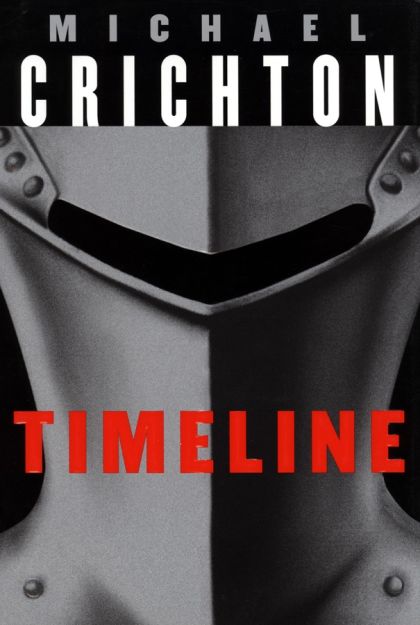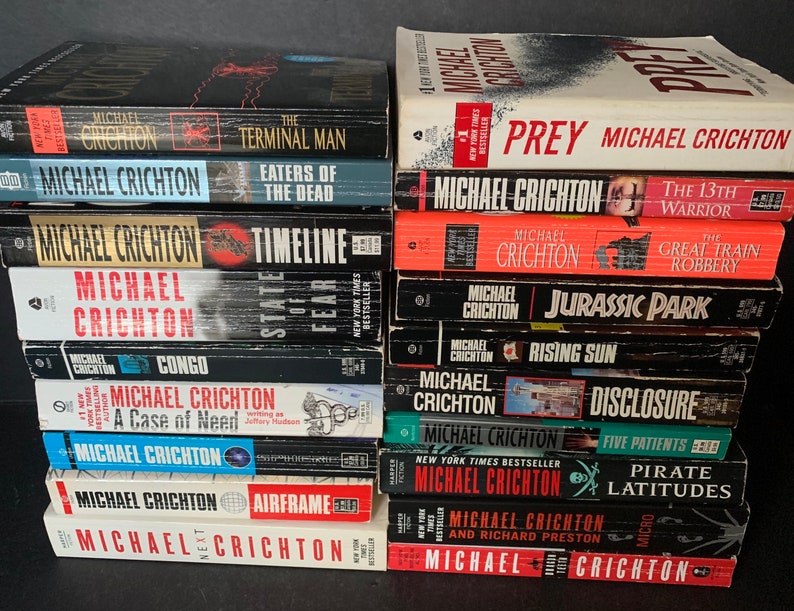

ITC is the silent, unacknowledged leader in the field of quantum mechanics. The other player is Robert Doniger, petulant genius and CEO of a high-tech research firm called ITC. One is Edward Johnston, historian, Yale professor, and leader of a team that is exploring a medieval ruin known as Castelgard, a French fortress town that was burned to the ground during the Hundred Years War between England and France. In the opening pages, Crichton introduces us to two of Timeline s primary players.

The result is a kind of de facto time travel, a phenomenon around which Crichton constructs an exciting - and ingenious - story. Crichton then posits an imaginary technology that uses quantum computers that are literally capable of "faxing" human beings to selected target areas of the multiverse. " Crichton, of course, has never been one to allow complex technologies intimidate him, and quantum theory provides him with the speculative basis for Timeline's central conceit: That we live, not in a finite universe, but in a "multiverse" composed of an infinite, constantly expanding series of parallel universes in which all past moments continue to exist. The technological starting point for Timeline is the emerging science of quantum mechanics, a field of study so abstruse, so "nonintuitive" that, in Richard Feynman s words, "nobody understands. It should come as no surprise, then, that his latest novel, Timeline, is a radical departure from all that has gone before it, and is "typical" only in its characteristic commingling of high-powered narrative and technical expertise. In the 30 years since his first bestseller, The Andromeda Strain, was published, he has written with authority and passion on subjects as varied as airline safety, Norse mythology, alien contact, Victorian train robbers, Japanese business practices, and sexual politics in corporate America.


With the exception of The Lost World, his disappointing sequel to Jurassic Park, Michael Crichton has never stepped into the same river twice.


 0 kommentar(er)
0 kommentar(er)
